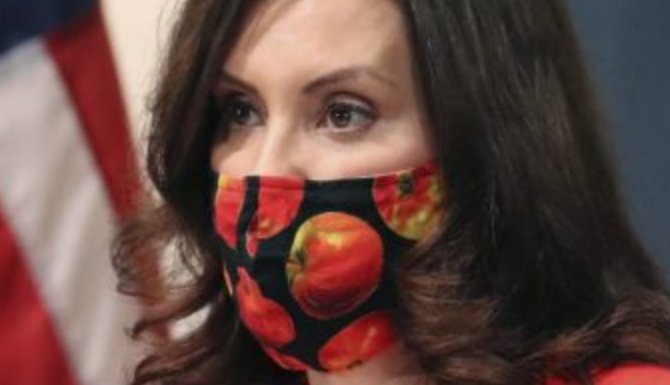Scott McClallen, The Center Square – Michigan’s COVID-19 recovery is the slowest in the nation, according to a WalletHub study released Tuesday.
Here are Michigan’s metrics using data current as of June 7.
Recovery from COVID-19 in Michigan (1=Quickest, 25=Avg.):
- 25th – Share of Population Fully Vaccinated
- 35th – Share of Vaccine Supply Used
- 25th – COVID-19 Death Rate
- 46th – COVID-19 Hospitalization Rate
- 18th – Share of Hospitals with Staff Shortages
- 45th – Share of Hospitals with Supply Shortages
- 34th – Average Daily Restaurant Visits
- 44th – Real GDP vs. Pre-COVID Levels
- 46th – Total Weekly Job Postings vs. Pre-COVID Levels
- 41st – Total Weekly Consumer Spending vs. Pre-COVID Levels
- 28th – Real Estate Active Listings vs. Pre-COVID Levels
“Michigan ranks as having the slowest recovery from COVID-19 in part because it has some of the highest COVID-19 hospitalization and positive testing rates in the country,” WalletHub analyst Jill Gonzalez said in a statement.
“Michigan has seen one of the biggest declines in real [Gross Domestic Product] due to the pandemic, it ranks as the seventh highest when it comes to the share of hospitals reporting supply shortages and has one of the highest rates of COVID-related doctor visits in the past week.”
The fastest-recovering states were Iowa, Nebraska, and Alaska in that order.
Michigan is nearing 60% of Michiganders with a first vaccine injection.
However, economic reopening is no longer tied to the first vaccination rate.
On July 1, Michigan will drop its broad mask mandate.
Currently, only non-fully vaccinated people must wear masks indoors.
Indoor gatherings are limited to 50% capacity, up from 30% capacity in many places.
The rule should help wedding, funeral, and caterers statewide who were limited to 30 people indoors for over a year.
Businesses can still impose mask mandates.
Another reason for slow recovery might be climate and minimizing COVID-19 transmission, Gonzalez said.
“A state’s climate can have a big impact on its recovery, too. States that are warmer, like Florida, allow people to be outside more easily, which gives extra protection to the elderly and other vulnerable demographics. This has led to an economic boom for warmer states, and as people consider where to relocate after the pandemic, climate and tax rates will be among the biggest factors in their decisions.”… Original Source…



